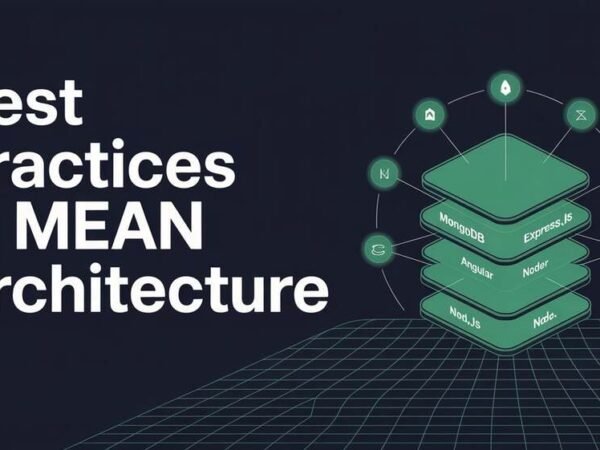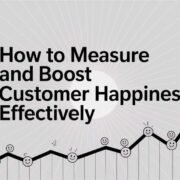The revolution of Artificial Intelligence (AI) is remodeling diverse industries, and intellectual health care is no exception. In recent years, AI has made great strides in improving intellectual health care, making it more accessible, efficient, and powerful. In this article, we will explore the ways AI is revolutionizing intellectual fitness care and the advantages it offers.
Virtual Support Systems: Chatbots and Virtual Assistants
One primary way AI impacts intellectual health care is through chatbots and digital assistants. These AI-powered tools can provide immediate assistance and guidance to individuals struggling with mental health issues, including anxiety, depression, or stress. Chatbots can engage in natural language conversations, presenting a sense of comfort and anonymity, which can be particularly useful for individuals who struggle with in-person interactions.
Enhanced Diagnosis and Assessment
Another significant area where AI makes a difference is diagnosis and assessment. AI algorithms can analyze vast amounts of data, including electronic health records, social media activity, and wearable device statistics, to identify patterns and predict mental health conditions. This can lead to earlier interventions and more accurate diagnoses.
AI-Powered Therapy Platforms
AI-powered therapy platforms are also emerging, offering digital sessions with certified therapists. These platforms use AI to match individuals with the right therapist and tailor therapy plans to their needs. Some systems even use AI-driven tools to track progress and provide real-time feedback.
Addressing the Shortage of Mental Health Professionals
Furthermore, AI is helping to address the shortage of mental health professionals, particularly in underserved areas. AI-powered tools can help bridge the gap by providing essential support and guidance, freeing human professionals to focus on more complex cases.
Personalized Treatment Plans
Additionally, AI is aiding in the development of personalized treatment plans. By analyzing individual data, AI can help identify the most effective treatments and interventions, reducing trial and error.
Ethical Considerations and Limitations
While AI can potentially transform mental health care, it is essential to acknowledge the limitations and potential risks. AI systems require substantial data to learn and improve, and data biases can lead to inaccurate diagnoses or ineffective treatments. Moreover, AI should not replace human professionals entirely but augment their capabilities.
Supporting Mental Health Professionals
AI is not only for patients; it’s also a valuable tool for mental health professionals. AI-driven tools can assist therapists and psychiatrists by streamlining administrative tasks, such as scheduling and documentation, allowing them to focus more on patient care.
Furthermore, AI can aid clinical decision-making by providing evidence-based recommendations and analyzing complex data to support diagnosis and treatment planning. For example, AI-powered tools can assist in diagnosing mental health issues by analyzing patient records and comparing them with large datasets of clinical information, thus providing more accurate assessments and reducing diagnostic errors.
AI’s impact on mental health care goes far beyond the more familiar applications of chatbots and personalized treatment plans. Innovations are being made in areas like predictive analytics, where AI algorithms analyze vast amounts of data to forecast potential mental health crises. These predictive models can identify subtle patterns and risk factors that may not be apparent to human clinicians, allowing for earlier and more targeted interventions.
Furthermore, AI is revolutionizing research by processing and interpreting complex datasets, uncovering insights that lead to novel therapeutic strategies and more effective treatments. More On the pages of scientific journals and clinical research, we see emerging evidence of AI’s capacity to enhance understanding of mental health conditions and optimize care delivery. As AI continues to improve, its contributions are increasingly evident across various aspects of intellectual health care, driving innovations and improvements that promise to reshape the field.
Creating New Therapies and Interventions
AI is also paving the way for new therapeutic interventions. Researchers are exploring AI-driven solutions such as virtual reality (VR) and augmented reality (AR) to create immersive environments for exposure therapy, where patients can confront and work through their fears in a controlled setting.
Additionally, AI is being used to develop new therapeutic models and interventions that can adapt to real-time patient responses. For instance, some AI systems can adjust the intensity or type of therapeutic content based on the individual’s emotional state, enhancing the effectiveness of the treatment.
Challenges and Ethical Considerations
Despite its potential, integrating AI into mental health care is challenging. Issues such as data privacy, the need for accurate and unbiased algorithms, and the risk of over-reliance on technology are critical concerns. Ensuring that AI systems are transparent, secure, and used ethically is essential to maintain trust and effectiveness in mental health care.
Additionally, while AI can provide valuable support, it is not a substitute for human empathy and professional judgment. The goal is to use AI as a supplement to traditional care, enhancing and expanding the reach of mental health services while preserving the essential human element.
The Future of AI in Mental Health Care
As AI continues to evolve, we expect to see even more innovative applications in mental health care. From predictive analytics to virtual reality therapy, AI is poised to revolutionize how we approach mental health treatment.
Conclusion
AI is revolutionizing mental health care by expanding accessibility, improving diagnoses, and personalizing treatment plans. As AI continues to evolve, addressing the limitations and potential risks is crucial to ensure ethical and effective integration into intellectual health services. By harnessing the power of AI, we can work toward creating a more supportive and inclusive mental health care system for all.













